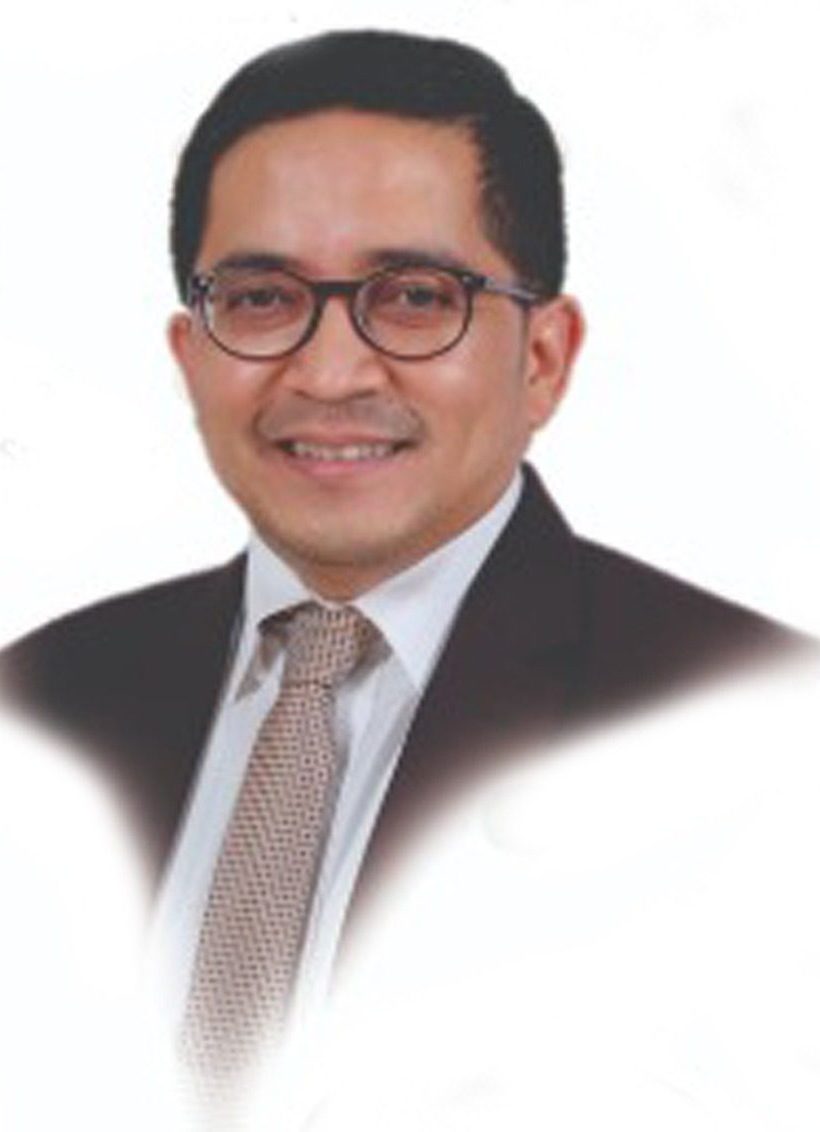Culture, Technology and Social Transformation in the Quest for Human Dignity
With the rise of Internet, digital technology and social media, the way we perceive and experience the world have drastically been transformed. Through the introduction of augmented reality, design thinking, artificial intelligence and machine learning systems, we are now accustomed to thinking ahead of our time. Through the utilization of such technologies, we are currently able to develop early warning systems and a variety of pre-emptive knowledge systems that could prevent and mitigate catastrophes and disasters, both natural and human induced, to save lives and the destruction of infrastructures and private properties.
With the ongoing Covid-19 pandemic—with already 1.5 million death toll across the world—, we are witnessing first hand the survival of the fittest at play and the real threat of extinction of the human species. Currently, social and physical distancing has been imposed in virtually all countries around the globe, which has effectively impacted human life and living. Governments around the world are racing to find and deliver vaccines to their affected population. The effect of the current pandemic, however, goes far beyond public health, destroying lives, livelihoods, careers, businesses and corporations. This has caused some to accuse a cabal of rich and influential world figures of attempting a global reset of the world.
In view of these current challenges, the creative use of various technological interfaces to replace face-to-face communication and social interaction has become imperative. Yet, such employment of technology further exposes the established and known fact that digital divide remains a problem for the bulk of the human population. This has generated numerous social injustices such as inaccessibility to the much-needed public information, education, social provision, work and pleasure and even entertainment.
Despite such trials and tribulations, the pandemic has revealed contradictions in the way humanity responds to it. On the one hand, those with feeble minds have resorted to racism, bigotry and prejudicial attitudes, denouncing people, nations and governments on the basis of their cultural, religious, political and national affiliations, despite the non-discriminatory nature of the Covid-19. Thus, time and again, humanity must rise to the occasion and struggle to overcome narrow political ideologies, negative religious sentiments and constricted identities in the interest of human preservation.
On the other hand, acts of courage, sacrifice and heroism, as shown by our fallen doctors and medical practitioners, have instilled much optimism in humanity and the rise of benevolence and virtuous acts in society. Initiatives to spread medical aid, food donations and charity are found rampant across the world. Such generosity, magnanimity and unselfishness are indeed what the wounded world needs here and now. Therefore, the quest for the soul of humanity remains a never-ending journey, as we discover that dignity, as an inalienable right, is ever elusive.
Within this context, humanity must struggle to find its way to balance their lives on this planet, and regain its wisdom—both ancient and modern—, and utilize their collective intelligences and the technology at their disposal to safeguard the sustainability of the humankind.
Keynote Speaker

(Director of Center for Strategic and International Studies (CSIS), Jakarta)
Speakers

(Universitas Malaya, Malaysia)

(Madame Ambassador,Indonesia)






